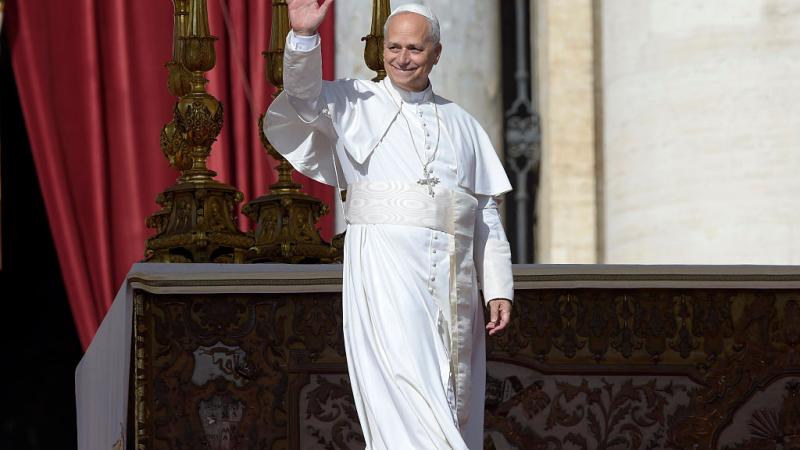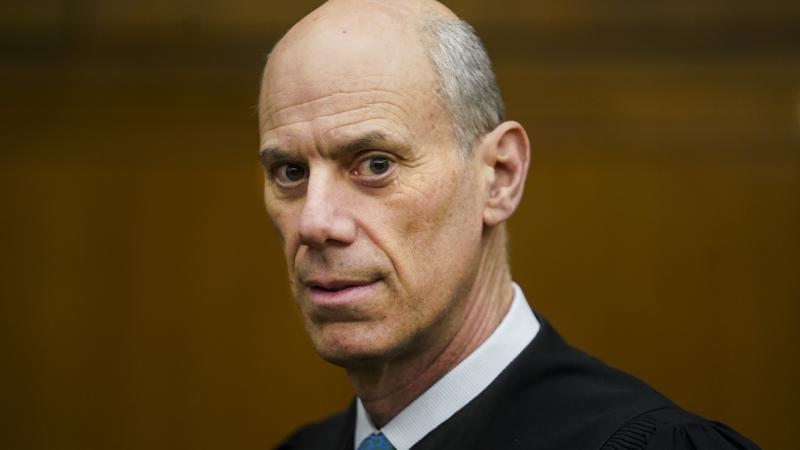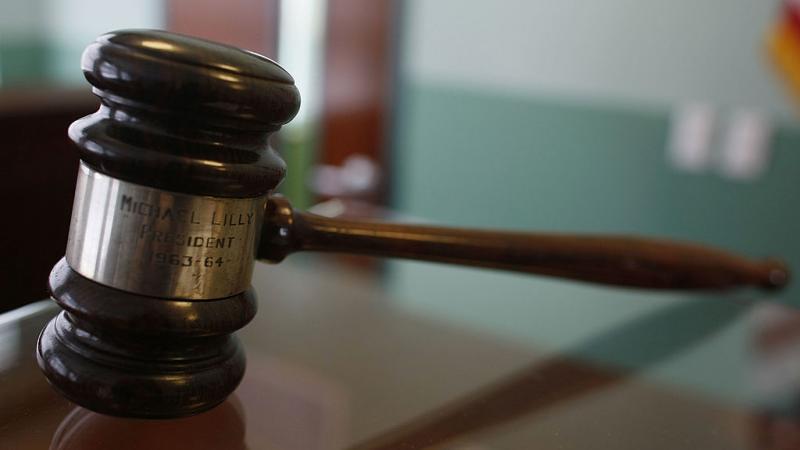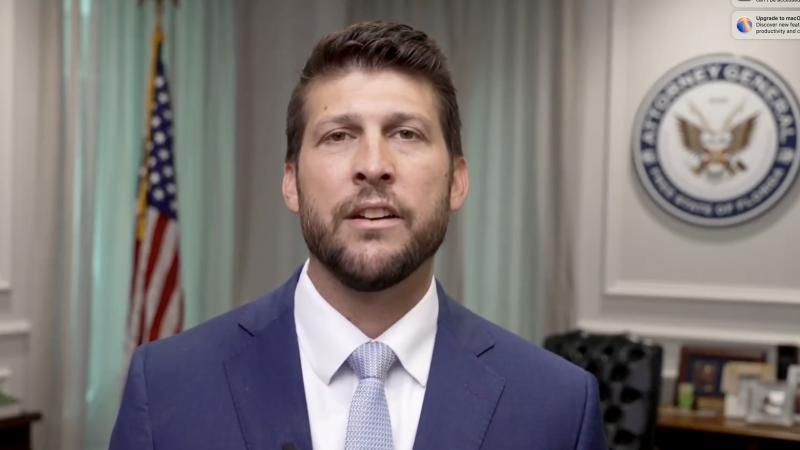Public university lets Christian student group pick Christian leaders to resolve lawsuit
University of Houston-Clear Lake updates club recognition policy, pays $26,200 to Ratio Christi.
A public university in Texas accused of denying recognition to a Christian student club because it required leaders to be practicing Christians has changed its policies to resolve the club's litigation.
The University of Houston-Clear Lake also agreed to pay Ratio Christi $25,000 in attorney's fees and $400 each for the club and two student plaintiffs, for a total of $26,200, according to the settlement agreement dated Feb. 2, which is not in the court docket.
The club's lawyers at the Alliance Defending Freedom (ADF), which voluntarily dropped the suit Tuesday, provided the 18-page agreement to Just the News to verify its claims, on the condition it not be published to protect its clients' privacy.
The university quickly granted recognition to Ratio Christi after it sued last fall but took months longer to revise policies that were used to deny recognition, which comes with benefits including meeting space, participation in student involvement fairs, and funding covered by mandatory student services fees.
Under the settlement, the university added a sentence to the 2021-2022 Registered Student Organization Handbook explicitly granting clubs the right to "limit Officers to those members who subscribe to the tenets of that organization." (Most of the settlement is the handbook.)
ADF characterized other changes as "transparent guidelines for how a student group should gain approval to become a registered student organization, and an appeal process in the event of a denial."
The handbook doesn't specify which sections are new but does lay out specific registration and appeal procedures.
The old policies weren't enforced against other clubs that restrict membership, even on the basis of protected categories such as sex and veterans status, Ratio Christi claimed.
The parties were already in "settlement discussions that may ultimately resolve this lawsuit," according to a Jan. 7 filing.
"Public universities across the country are learning that there are consequences when they unlawfully discriminate against students or student groups based on their faith," ADF senior counsel Gregg Walters said.
The university disputed that much that changed because of the settlement.
"The University of Houston-Clear Lake’s approval of the student organization is consistent with the policies that are in place and were in place prior to the filing of this lawsuit," according to a Feb. 17 statement provided by a spokesperson, attributed to the UH System.
"A clarification was added to the university’s Student Organization Handbook to ensure there was no confusion regarding selection of officers for student organizations. Regardless of the clarification, the University of Houston-Clear Lake has always allowed officers of student organizations to align with the tenets of the organization they represent."















